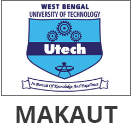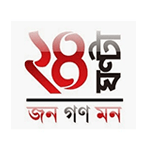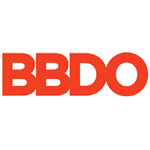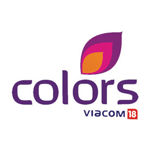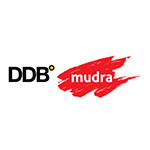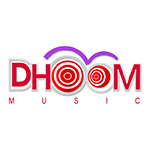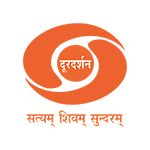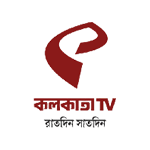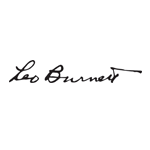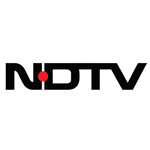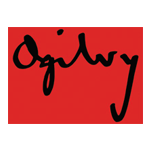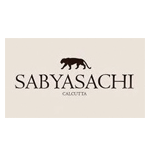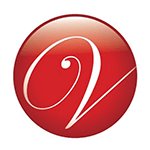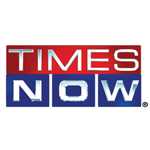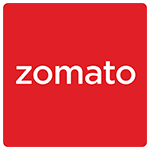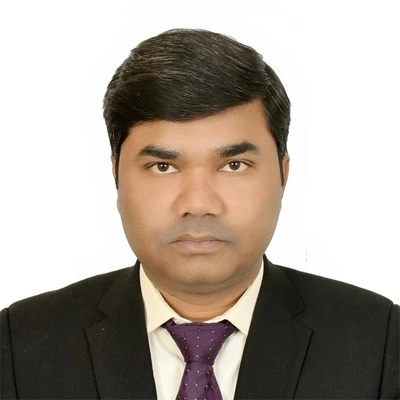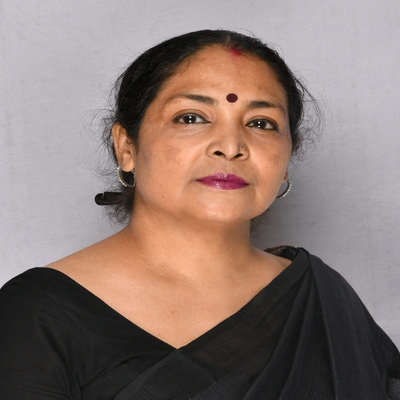- About Us
- Courses
- NSHM Business School
- NSHM Institute of Health Sciences
- Bachelor of Pharmacy
- Bachelor of Pharmacy (Lateral)
- Bachelor of Optometry
- B.Sc. – Psychology
- B.Sc. – Dietetics and Nutrition
- B.Sc. – Medical Lab Technology
- B.Sc. – Radiology & Medical Imaging Technology
- B.Sc. – Critical Care Technology
- B.Sc. – Yoga
- Master of Optometry
- Master of Optometry (BL)
- Master of Pharmacy – Pharmacology
- Master of Pharmacy – Pharmaceutics
- Master of Public Health
- Master of Public Health (BL)
- M.Sc. – Clinical Psychology
- M.Sc. – Dietetics and Nutrition
- M.Sc. – Medical Lab Technology
- M.Sc. – Radiology & Medical Imaging Technology
- M.Sc. – Yoga
- M.Sc. – Yoga (BL)
- NSHM Design School
- NSHM Institute of Computing & Analytics
- NSHM Institute of Engineering & Technology
- B. Tech. - Mechanical Engineering
- B. Tech. - Mechanical Engineering (Lateral)
- B. Tech. - Civil Engineering
- B. Tech. - Civil Engineering (Lateral)
- B. Tech. - Computer Science Engineering
- B. Tech. - Computer Science Engineering (Lateral)
- B. Tech. – Electronics & Communication Engineering
- B. Tech. - Electronics & Communication Engineering (Lateral)
- B. Tech. - Artificial Intelligence and Machine Learning
- B. Tech. - Artificial Intelligence and Machine Learning (Lateral)
- B. Tech. – Electrical Engineering
- B. Tech. – Electrical Engineering (Lateral)
- B. Tech. – Data Science
- B. Tech. – Data Science (Lateral)
- NSHM Institute of Hotel & Tourism Management
- NSHM Institute of Nursing
- NSHM Media School
- Schools & Campuses
- Beyond Academics
- Admissions
- News & Events
- Contact Us
Overview
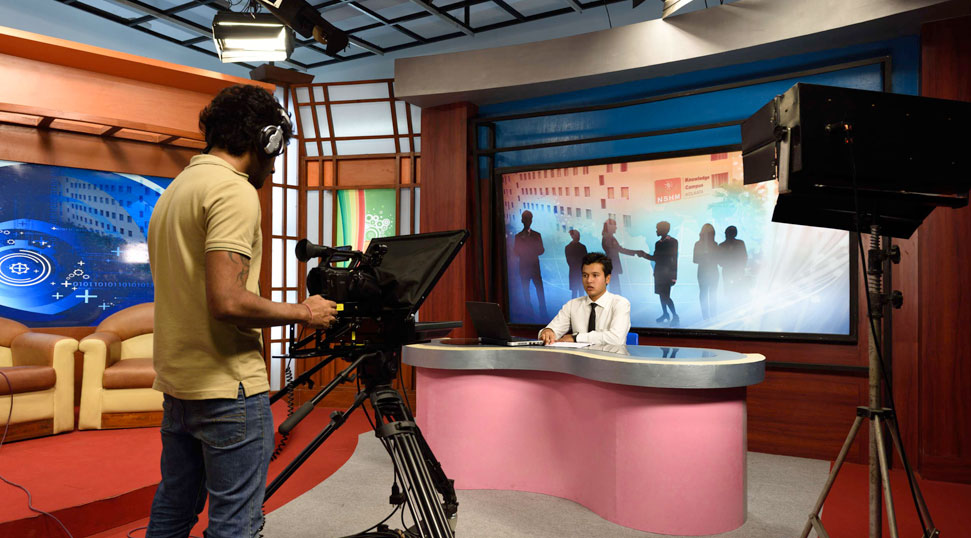
NSHM offers M.Sc. programme in Digital Filmmaking under MAKAUT, an academic as well professional course which will orient the student in almost all the avenues of filmmaking and further studies. NSHM is one of the most prominent institutes in Kolkata to offer M.Sc. in Digital Film where students get to learn various aspect of filmmaking. They are trained to produce film/television programs in industrial and independent way. This programme helps them to have an in depth orientation with the different departments of film and television production. Students can also pursue higher studies after its successful completion.
This programme includes the historical and theoretical areas of film and television, dedicates an entire paper to literature (India as well as the world), sound (including the introduction of world music in a small portion), writing scripts and creating storyboards, production design, camera, sound, video editing, television commercials, web & TV series, film making (both fiction, non-fiction and news story/feature), film marketing and finally dissertation (which will help the student to learn how to conduct research and produce a research article).
This Program is offered in Blended Learning (BL) Mode
From the Academic Session 2021-22 a select list of full-time and regular MAKAUT degree programs, mainly at the post-graduate levels shall be offered in Blended Learning (BL) Mode
Blended Learning (BL) Mode Highlights
- More flexible, agile, & cost-effective. Targetted for Working Professionals.
- 100% Full-Time Regular Degree – this is not an Online Degree Program.
- At least 40% of the learning in face-to-face online mode will be with handpicked subject-area experts from all over the world.
- Online Evening Classes from Monday to Friday. (From 6pm – 9pm)
- Practicals & Lab sessions will be On-Campus (Weekends, 10 a.m – 4 p.m)
- University examinations and assessments will be as per the norms applicable to the traditional full-time and regular degree courses of MAKAUT.
Career Opportunities
Filmmaking is a team work that involves acting, directing, producing, script writing, cinematography, sound recording, visual mixing, editing, etc. After completing M.Sc. in Digital Films, one can work as:
- Short/Feature/Documentary Filmmaker for Film, Web and Television
- Sound Designer
- Video Editor
- Videographer / Cameraman
- Advertisement Professional
- Film Journalist
- Script Writer
- Film Scholar
Programme Structure
Core Curriculum
Film Studies
Pre-history and History of Cinema
Pre-history of cinema, genesis of moving image, early-cinema as artisanal mode in Europe, North America and India, Phalke Era.
World Cinema
European cinema after WWI, Avant Garde Movements, Soviet Montage, Classical Hollywood Cinema, Cinema after WWII – Italian Neo-Realism, French New Wave, Agfrican Cinema, Latin American Cinema of Cuba, Argentina and Brazil, Asian Cinema of China, Korea, Japan and Iran, Documentary Studies.
Film as Cultural Form
How to Read A Film: Auteur Criticism, Marxist Film Theory, Feminist Film Theory, Writing about Films – Film criticism.
Indian & Hindi Cinema
“Studio Social, Muslim Social, Hindi Popular Cinema, National Cinema, Bollywood.
”
Study of Masters
“Indian Masters and International Masters: Satyajit Ray, Ritwick Ghatak, Jean Luc Godard, Michelangelo Antonioni, Federico Fellini, Luis Bunuel.
”
Production and Post-Production
Script Writing
“Theory of Narrative: Propp’s ideas of narratology, Character Types, Structures of Story, Idea, Plot, Narrative Structures – Three Act Structure, Storyboarding, Ideating, conceiving of the Plot, Research on the topic, Writing Script for a Short Film
”
Camera
Basic of Still Camera, Basics of Movie Camera, Digital camera Programming, Various types of shots, Movements of camera, angles of camera, Different shot composition in cinema, Different Formats: DV, DVCAM, HDV, HD, Lighting, Colour, Setting
Sound
“Nature of sound waves, Propagation process, Frequency, Amplitude, Wavelength, Pitch, Microphones, Digital Audio: Theory, Process and application, Introduction to location recording, Overview of Studio Processes, Post Production processes.
”
Editing
Theories of Editing, Continuity editing (Classical Hollywood style), Spatial Association of Shots, Temporal Association of Shots, Digital Editing and its difference with Analogue System, Off-line editing, Online editing, Type of Transitions and their uses in films, Eisenstein’s theory of montage, Kuleshov Effect, Discontinuity in Editing: Discontinuity in Ozu, Discontinuity in Bunuel, Discontinuity in Godard Forms and aesthetics of editing for different medium: Editing in Cinema, Editing in Television, Editing for Advertisements, Editing for Documentary, Editing for Music Video, Studying edit sequences from films of different genres and directors with different styles Digital Editing Codecs, Compression, Digital connectors, Linear Vs Nonlinear, Various Video Formats, Understanding Video signals, Introduction to Editing Software, Introduction to video compositing, Keying- Details of Green screen and blue screen footage compositing and their set up – Color correction – 2D Tracking
Filmmaking
Production of Fiction Filmmaking, Non-Fiction Filmmaking, Advertisments, Music Videos.
Induistry Forms and Experience
Web Series
“What is New Media, Genesis of New Media, Diffusion of Reality, Diffusion of Identity, Characteristics, Online Film Festivals, Channels, YouTube Uploading Films and Creating Traffic, Studies of various web based entertainment practices, Web Series – Content, Style, Techniques, and
Difference with other forms of media
”
Pitching and Marketing
Students will be pitching/presenting their films (documentary or fiction) to organizations, film production houses, and individual producers at various levels. Basics of Marketing, Laws of Marketing, The Business of Film production, Distribution and Exhibition, Market research, Audience research, Study of the film industry in India, Methods of Marketing a film, Online Marketing, New Media Publicity, Generation of Reviews, Media Mix, Media Cross Campaign Online Cross Campaign.
Programme Type - Hybrid Mode (BL)PG
Duration - 2 years
Minimum Eligibility - Any Graduate with 50% aggregate
Degree Awarded By -
